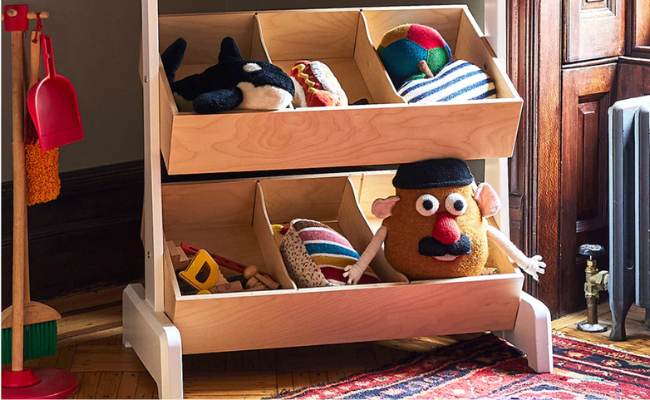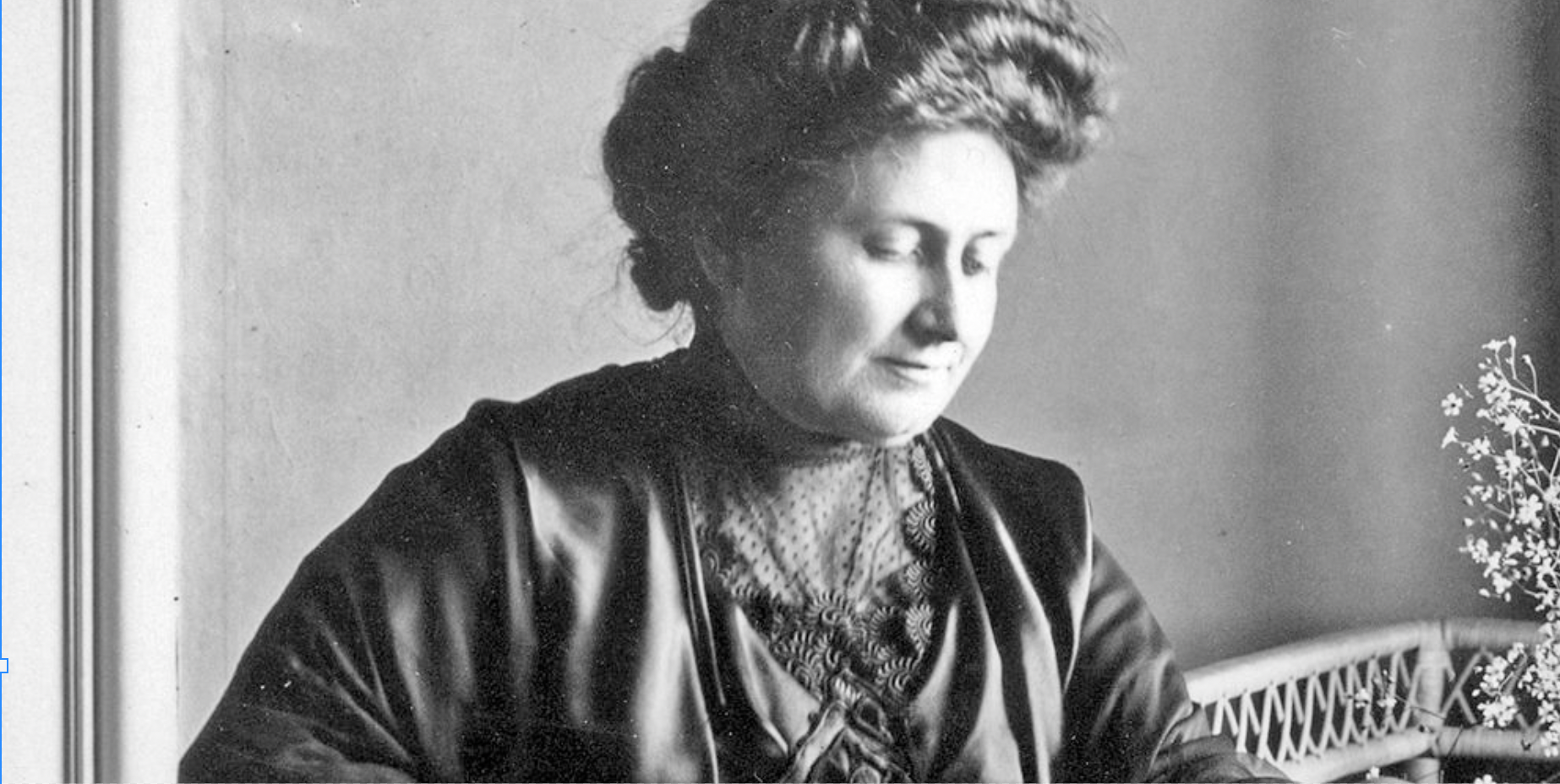
The Child through the eyes of the Montessori Educator
Sometimes it is difficult to understand and manage the behavior of babies. Based on the Montessori approach (developed through observation of children's behavior) we will explore what is essential to know about children between 1 and 3 years of age, to help in their integral development.
Between 18 months and 3 years old, babies go through the “self-affirmation crisis”, a phase in which they realize their role in the world and when they begin to desire more autonomy. This is where they start saying “no”, throwing tantrums, defying parents and using the personal pronoun “I”. This phase towards independence is not easy, and it is important to remain calm and accept that on some days they will refuse to do any task, on other days they will want to do everything themselves and on others they will not let go of us.

Just as an animal doesn't like to be in a cage, our babies don't like to be still, as they need and like to move. As soon as they stand up, they start climbing and walking, as soon as they walk they want to run and move objects from one place to another, that is, they want to master the movement. This desire to challenge themselves to an extreme level is called maximum exertion and is seen when carrying large objects or moving heavy furniture.
The Montessori approach argues that we must accept the fact that babies need to explore and discover the world around them. We must prepare ourselves to offer them spaces where they can explore safely, involving them in our daily lives so that they discover the 5 senses. It is important that we let them enjoy the outdoors without worries, letting them be free and get dirty, jumping in rain puddles, walking barefoot on the grass or even digging in the dirt.
It is also essential to give freedom and limits to our babies. Freedom creates curiosity, a desire to discover which gives them a sense of self-control, helping them to grow. At the same time, boundaries give them security, a sense of responsibility and respect for others. In addition, boundaries are a tool that helps adults avoid tantrums and boundary transgression. Thus, freedom and limits work together, avoiding condescension and authoritarianism, raising parents who are calm leaders.
Babies also like consistency and order. For them, the same routine and the same rules every day help them to understand the world and give them the security of knowing what to expect. For example, when boundaries aren't consistent, babies test them to see how far they can go, and if they find that throwing tantrums works, they'll repeat them over and over again until we give in, something called intermittent reinforcement. This reinforcement should not be occasional, but should be reinforced every time it occurs, so as not to encourage this type of behavior.
At the same time, it is natural that sometimes we cannot provide the same thing every day. Instead, we are able to anticipate situations where our children will need additional support. Understanding these behaviors will give us a new perspective on tantrums and will guide us to look for other types of solutions. If we understand that tantrums are not a provocation, and that babies are in pain, we can offer them help to find a solution, being supportive.
We must understand that babies are impulsive and therefore we need to be patient and guide them when they do something wrong. This is because your prefrontal cortex is still developing. This area of the brain is responsible for functions such as self-control, problem solving, reasoning and working memory and will only be fully developed at the age of 25. Together, we must be more patient and give babies more time to process the information we transmit to them. Instead of repeating the same request or order over and over again, we should give them time to understand, respond and act.
Communication is key for babies. Our children communicate with us in a variety of ways, whether it be through muttering, babbling, or talking. We must show enthusiasm and interact with them, taking an interest in the questions, answers or sounds. In this way, we will contribute to the formation of a rich vocabulary and teach them how to communicate and express emotions.

Mastering skills is something babies love. They are drawn to difficult tasks that challenge them without having to give up, and they work on these skills over and over again until they have mastered them completely.
Finally, babies like to feel that they are part of the family and, therefore, we must encourage them to contribute to day-to-day tasks and help. If we lower our expectations for the outcome and accept that the job won't get done so well, we can teach them the basics of learning as grown children and teenagers, while promoting responsibility and teaching them that we all have to contribute within the familiar.



